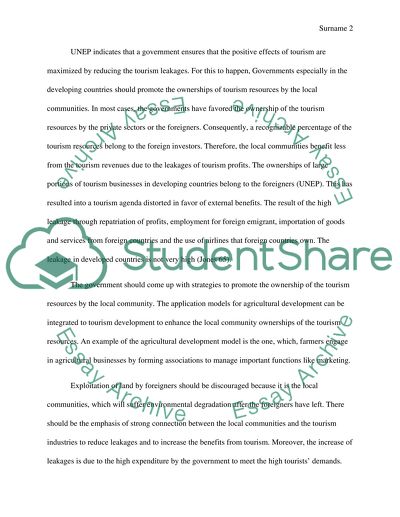Cite this document
(“Tourism Leakages Dissertation Example | Topics and Well Written Essays - 1250 words”, n.d.)
Retrieved de https://studentshare.org/tourism/1392550-no-topic
Retrieved de https://studentshare.org/tourism/1392550-no-topic
(Tourism Leakages Dissertation Example | Topics and Well Written Essays - 1250 Words)
https://studentshare.org/tourism/1392550-no-topic.
https://studentshare.org/tourism/1392550-no-topic.
“Tourism Leakages Dissertation Example | Topics and Well Written Essays - 1250 Words”, n.d. https://studentshare.org/tourism/1392550-no-topic.


